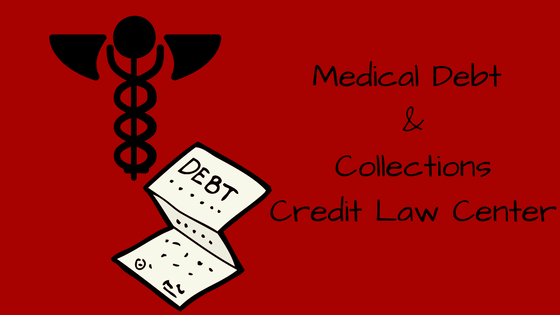31 percent of Credit reports contain collection items, 67 percent of these collections are medical collections. Medical debt is often incurred as a result of an unexpected injury or illness, and a majority of medical debt happens to patients who are covered by insurance.
Medical Debts turning in to a Collection
The doctor’s office or hospital will handle the medical debt for about 90 days, after this the medical billing department will then turn the debt over to a third-party collection agency. A recent report from the Medical Billing Advocates of America states that over 80 percent of medical bills contain errors. These errors happen with just a simple billing error, or not being billed to the primary and or secondary insurance plan correctly.
A recent report from the CFPB, stated that consumers have made numerous complaints about patients not being notified of medical debt until they start receiving calls collection calls from a third-party collection company, furthermore the collection had already been reported to the credit bureaus.
Once a medical debt has been reported to the credit report it has the same affect on your credit score as a non-medical collection.
What to do if a Collection Item is reported?
If you start receiving phone calls or letters from third-party collection companies you will want to review your credit reports. Each bureau is required by law to allow you one free credit report every 12 months. Freeannualreport.com is a good opting use for obtaining your free reports, or if have already obtained them in the last 12 months you may choose a credit monitoring program like IdentityIQ.Com. Before go and pay off the debt it is important to review the report, verify that the collections are accurate, and verifiable. If the information reporting is incorrect, it may also be a good time to seek the advice from a law firm to start the credit repair process.

